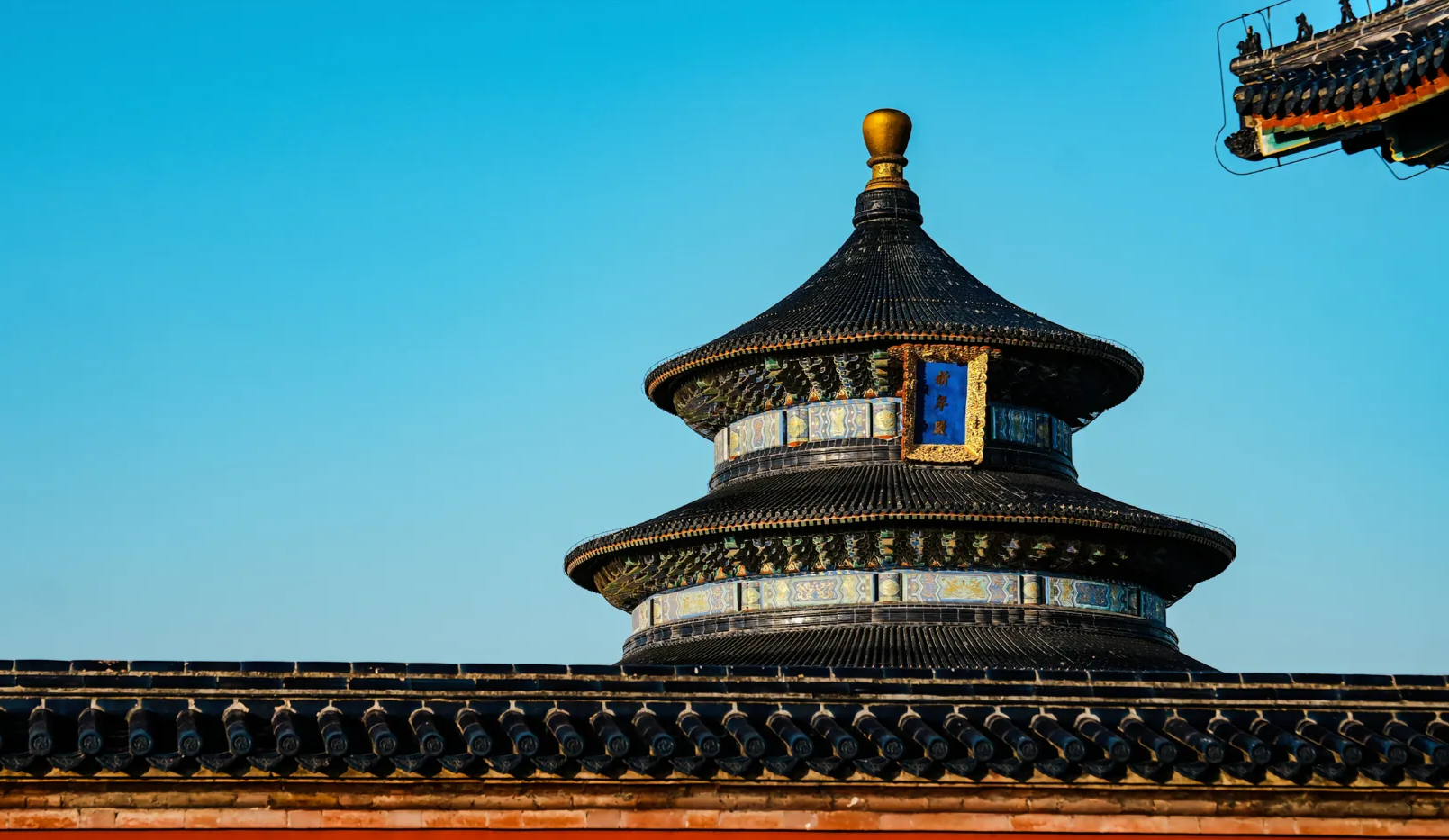Cultural Etiquette and Travel Precautions for Visiting Historical Sites in China – A Guide for Private Tour Travelers
China is home to some of the world's most remarkable cultural and historical treasures. From the Great Wall of China to the Terracotta Army, these sites attract millions of international travelers each year. Whether you are visiting on a group trip , a custom private tour of China or a solo independent travel, it’s important to understand and respect the cultural etiquette of each location.
In this guide, we’ll cover the top cultural etiquette tips and precautions to take when visiting Chinese historical sites.
1. Learn About the Site Before Your Visit
Many Chinese landmarks—such as the Forbidden City, Summer Palace, or Shaolin Temple—have deep cultural and historical meaning. On a private historical tour, your guide will offer insights into the site’s background and traditions.
2. Dress Modestly and Appropriately
Appropriate clothing shows respect, especially when visiting religious temples, Buddhist sites, or Confucian academies.
What to wear:
Cover your shoulders and knees.
Remove hats and sunglasses when entering temples.
Bring a shawl or scarf if needed.
Your private tour guide in China will let you know if specific attire is required.
3. Be Respectful in Behavior and Tone
Chinese cultural sites are often places of reflection and worship. Even when on a relaxed private sightseeing tour, it’s important to behave appropriately.
Do:
Speak quietly.
Turn off your phone or put it on silent.
Show respect during local ceremonies.
4. Follow Photography Rules
While many historical sites allow photos, others—especially temples and museums—may not.
Best practices:
Look for “No Photography” or “No Flash” signs.
Ask before photographing monks or locals.
Use discretion when taking selfies at solemn places.
Private tour benefit: Your guide will tell you where photography is allowed and help you get the best angles respectfully.
5. Do Not Touch or Climb on Cultural Relics
Sites like the Great Wall, Mogao Caves, or ancient city walls are fragile and protected by law.
Precautions:
Never climb or lean on structures.
Avoid touching carvings or artworks.
Stay behind ropes or barriers.
6. Leave No Trace Behind
Responsible tourism helps protect cultural heritage.
Remember:
Use trash bins.
Avoid smoking or eating in restricted areas.
Do not remove or damage anything from the site.
Our eco-conscious private tours promote sustainable travel throughout China.
7. Respect Local Traditions and Rituals
In places like Lhasa, Mount Tai, or Daoist temples, you may witness local religious practices.
Tips for private travelers:
Observe from a respectful distance.
Do not imitate or interrupt rituals.
Ask your guide how to behave in sacred areas.
8. Listen to Your Private Tour Guide
One of the biggest advantages of a private tour in China is having a knowledgeable guide who offers both cultural insights and real-time etiquette tips.
Your guide will:
Help you avoid cultural misunderstandings.
Offer translations and local context.
Keep you informed about site-specific rules.
Why Choose a Private Tour for Visiting Historical Sites in China?
Private tours offer a more respectful, flexible, and immersive way to explore China’s history.
Benefits of private tours:
Personalized pacing and itinerary
One-on-one cultural insights
Better understanding of etiquette
Safer and more mindful travel experience
At Leo Private Tour, we offer customized private tours in Beijing, Xi’an, Shanghai, Zhangjiajie, Guilin, Chengdu,Yunnan,HarbinandOther cities—each designed with cultural respect and visitor experience in mind.
Book a Private Cultural Tour of China Today
Ready to explore China’s rich cultural heritage the respectful way?
Contact Leo Private Tour to book your private historical tour in China and let our experienced local guides lead you on a meaningful journey through China’s past.








.png)


